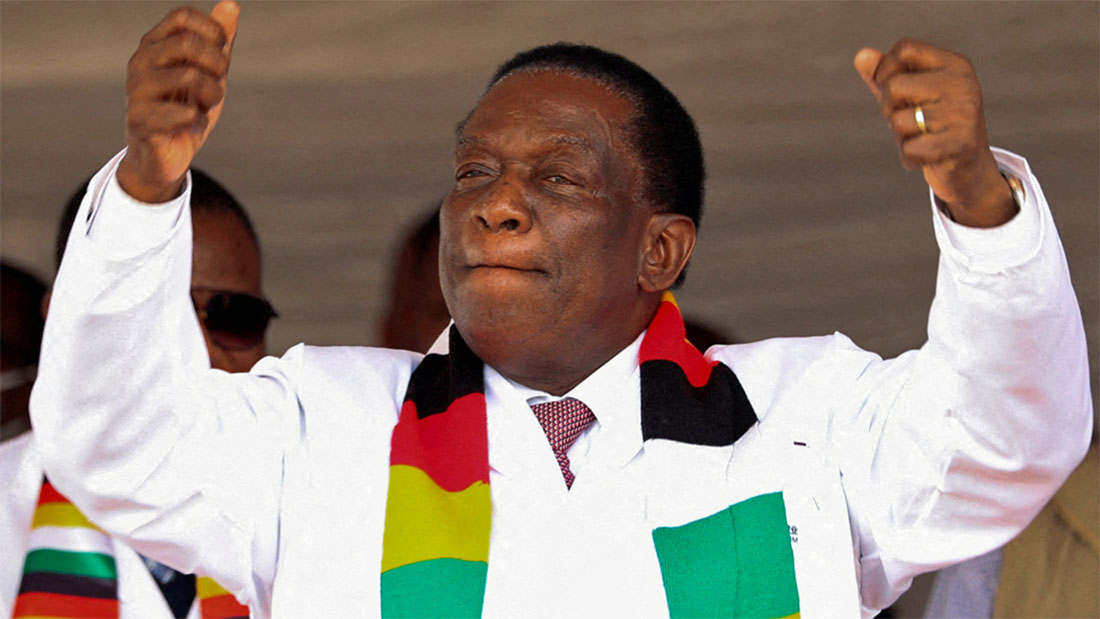
Photo Credit: Getty Images
President Emmerson Mnangagwa of Zimbabwe has enacted legislation immediately abolishing the death penalty in the country. Amnesty International praised the decision as a positive step for the abolitionist movement in the region, while also noting concern that the death penalty could be reintroduced during a state of emergency.
Mnangagwa's move comes after Zimbabwe's parliament voted earlier in December to scrap the death penalty.
Zimbabwe last carried out an execution by hanging in 2005, but its courts continued to hand down the death sentence for serious crimes like murder. About 60 people were on death row at the end of 2023, according to Amnesty. They will be re-sentenced by the courts, with judges ordered to consider the nature of their crime, the time they spent on death row and their personal circumstances, the state-owned Herald newspaper reports.
Justice minister Ziyambi Ziyambi said the abolition of the death penalty was "more than a legal reform; it is a statement of our commitment to justice and humanity".
The death sentence was introduced in what is now Zimbabwe during British colonial rule.
Mnangagwa has been a long-standing critic of capital punishment, citing his own experience of being sentenced to death in the 1960s for blowing up a train during the guerrilla war for independence. His sentence was later commuted to 10 years in prison.
The Death Penalty Abolition Act was published in the government gazette on Tuesday after Mnangagwa signed it into law.
Amnesty said the move was not "just great progress" for Zimbabwe but also a "major milestone" in international efforts to end "this ultimate cruel, inhuman, and degrading punishment".
It urged the Zimbabwean authorities to "remove the clause included in the amendments to the Bill allowing for the use of the death penalty for the duration of any state of public emergency".
Globally, 113 countries, including 24 in Africa, have fully abolished the death penalty, according to Amnesty.
















